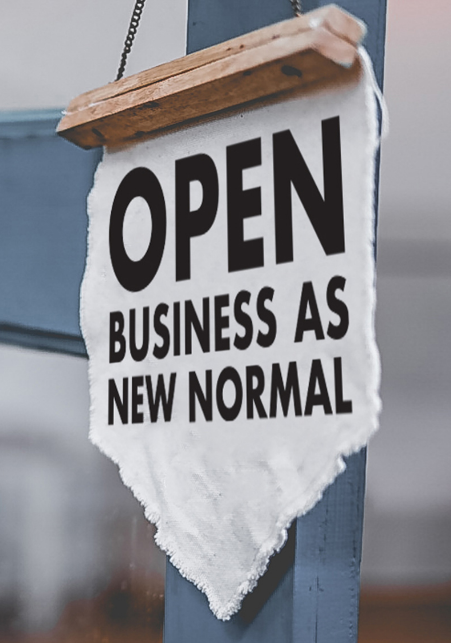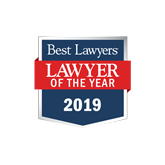The marijuana trade has been receiving considerable press lately as more state legislatures consider legalizing marijuana use in one form or another. Four states have legalized the recreational use of marijuana, and 23 states including California, plus the District of Columbia, allow medical marijuana use. Under federal law, however, marijuana remains a controlled substance, the possession, manufacture, transport and use of which is illegal.
Due to the scarcity of government resources and the plentitude of illegal activity in the United States, U.S. Department of Justice (“DOJ”) prosecutors can exercise their discretion as to which violations of federal law they prosecute and how they pursue them. Currently, DOJ leadership has taken a mostly laissez-faire approach toward enforcement of federal controlled substances laws in states that have legalized the use or distribution of marijuana. However, this approach could change at any time. The 2016 election will occur in less than two years, and we do not know what the new President’s drug enforcement policies might be.
Accepting tenants involved in the marijuana business can be tempting. Since banks typically will not allow participants in a state’s legal marijuana trade to obtain bank accounts and will not accept deposits from those participants, these tenants frequently offer to pay above-market rents in cash to entice landlords to lease to them. Until the federal law is realigned with state laws, however, anyone associated with the use, sale and/or manufacture of marijuana will be potentially subject to criminal prosecution and punishment for that involvement, however peripheral. California landlords who knowingly accept these tenants do so at their own peril.
The risks to landlords include criminal and civil sanctions, jail time and property seizure. Generally, a landlord must be aware of a tenant’s participation in an illegal drug business or use to be held liable for violation of a federal law. Landlords can be held liable for conspiring in or aiding the commission of a crime if they are aware of a tenant’s marijuana-related business operations at the leased premises. If a landlord knowingly allows someone manufacturing, storing, distributing or consuming marijuana to occupy space in the landlord’s building, the landlord is subject to federal criminal sanctions or jail time. Under the federal Controlled Substances Act, anyone who acts in such a manner is subject to the following criminal penalties: “a term of imprisonment of not more than 20 years, or a fine of not more than $500,000, or both, or [for entities found in violation of this law] a fine of $2,000,000.” Other federal laws allow the federal government to seize property used in the illegal drug trade, which the DOJ actively pursued a few years ago.
If a landlord discovers the tenant’s marijuana-related business after the tenant opens for business under a disguised use, a landlord’s lease must contain appropriate protections to allow the landlord to act quickly to remove the tenant or immediately halt the illegal activity; otherwise, the landlord’s property may be seized under federal forfeiture statutes. This advisory is intended to protect unsuspecting California landlords and their property from tenants involved in the medical marijuana business.
Certain modifications can be made to a commercial lease to improve a landlord’s ability to claim an innocent landlord defense or its equivalent under federal forfeiture or seizure laws, and to otherwise improve a landlord’s ability to quickly evict a tenant involved in the marijuana business. Specific lease provisions that can be modified to provide greater protection for unsuspecting landlords include the security deposit, use clause, compliance with laws (including all federal, state and municipal laws), remedies, default, right to inspect, utility cost allocation and assignment provisions.
The need for these protections becomes more apparent when we step into the shoes of an unsuspecting landlord. For example, a landlord leases space for the operation of a pharmaceutical packaging business. Several months later, the landlord notices a marked increase in smokers using the parking lot around the building. Shortly thereafter, the tenant’s electricity bill is exceedingly high for two successive months. During the landlord’s inspection, a large room filled with grow lamps, containers of sprouting marijuana plants and other equipment indicative of a marijuana growing operation is discovered.
To preempt these issues, or at least provide a landlord with ample tools to minimize exposure in these situations, we recommend that a landlord’s commercial leases specifically describe each tenant’s business operations and narrowly limit the tenant’s use of the leased premises to only the specifically described operations. Any expanded or changed use of the premises should be subject to the landlord’s prior written approval, in the landlord’s sole discretion. The use of the premises by the tenant should be limited further to prohibit activities that interfere with other tenants, cause a nuisance, violate any laws or ordinances, or increase criminal activity at the premises. Furthermore, a violation of the use requirements should be treated as a non-curable default for which the landlord has the right to immediately terminate the lease.
Most leases contain a compliance with laws provision that requires a tenant to remain in compliance with all laws applicable to the tenant’s use of the leased premises or conduct of business in that location. Although this provision may appear to shield the landlord, creative prosecutors might assert that by renting to the tenant, the landlord knowingly approved the tenant’s illegal actions. We recommend adding compliance language specifying that a tenant must remain in compliance with both federal and state laws, and any tenant action or inaction that is legal under one regime, such as state law, but illegal under another, such as federal law, will be considered illegal with respect to the lease. In addition, the lease should clearly state that any action taken by the tenant, any employee, agent or other representative at the leased premises in violation of the compliance with laws section will be considered a non-curable default triggering the landlord’s right to demand immediate termination of the lease and the tenant’s prompt surrender of the leased premises. We also recommend that the lease allow the landlord to cause the tenant’s property to be promptly removed from the premises and discarded by the landlord without liability if the tenant fails to remove it. As this property could be considered or could contain contraband, landlords may not want to remove this property themselves. The cost of any such removal should be allocated to the tenant.
An additional preventative measure would be to define illegal drugs and drug-related activities broadly to include all controlled substances and related activities under federal law. Further, incorporate a prohibition clause for drug-related substances and activities crafted similar to a hazardous substances provision.
Additional default provisions should prohibit actions by a tenant that would constitute a default under any financing secured by the leased premises or that would cause the landlord’s insurer to require additional insurance or refuse to insure the landlord’s property. The tenant must indemnify the landlord against any losses arising from these types of defaults. Demanding a security deposit equivalent to two or more months’ rent would provide the landlord with supplemental protection against losses the landlord might incur due to a medical-marijuana tenant’s excessive wear and tear on the premises.
Unless and until the federal government legalizes marijuana, landlords must remain vigilant about their properties and compliance with federal laws. With the localized level of acceptance of marijuana and marijuana-related businesses, landlords must proactively protect their properties and themselves from potential prosecution. Updating lease forms is one way to maintain this protection.







